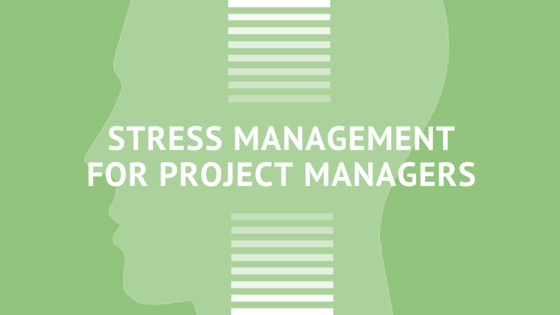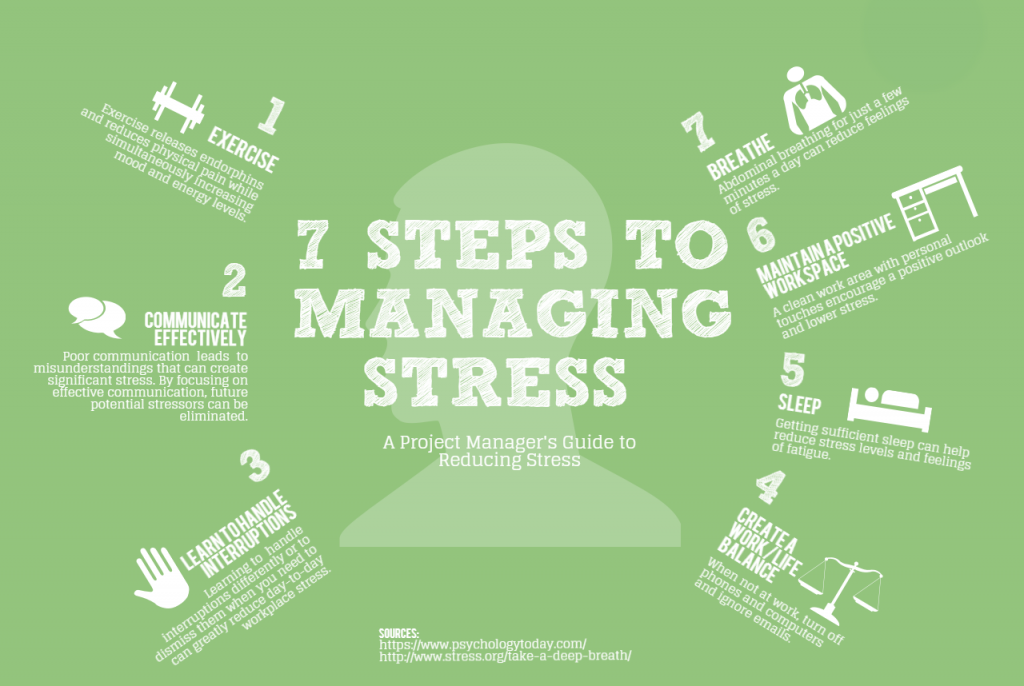Stress Management for Project Managers

Being a project manager in the construction industry can come with high levels of stress. With high levels of stress come headaches, low energy levels, stomach pains, muscle tension, and a host of other negative side effects. Factors that contribute to stress for project managers working specifically in the construction industry include:
Environmental Conditions. In the world of construction, factors like extreme temperatures and inclement weather can cause delays and additional safety hazards that contribute to stress.
Hazards Encountered. Construction sites come with a unique set of risks and hazards not found at a standard desk job.
Deadlines & Constraints. Managing multiple projects, all with strict deadlines and budgets, is inherently stressful.
Safety Responsibility. Project managers have a responsibility to ensure the safety of their team, and of themselves, each and every day they go to work.
Travel. Project managers don’t always have the luxury of a standard commute; they must travel to where the job site(s) require.
Clearly, construction project managers have several factors contributing to their stress levels. Fortunately, there are several methods that can help reduce those stress levels. The below is a look at seven of the most effective strategies for stress reduction and management.
7 Steps to Reducing and Managing Stress:
- Exercise. Psychology Today emphasizes exercise as a primary way to reduce stress as it releases endorphins and reduces physical pain while simultaneously increasing mood and energy levels.
- Sleep. Getting proper sleep is essential to keeping stress levels and irritability low.
- Learn to handle interruptions. Interruptions are inevitable but learning to cope with them effectively or to dismiss them when necessary can eliminate the day-to-day stress associated with being interrupted.
- Breathe. Incorporate relaxation exercises into your day. According to the American Institute of Stress, abdominal breathing for just 20 minutes a day can significantly reduce feelings of stress.
- Maintain a positive workspace. Keep your work area clean and consider adding personal touches like family photographs or sports memorabilia to create a more positive and uplifting work environment.
- Communicate effectively. Effective communication can help avoid potential confusion, mix-ups and unnecessary delays – all of which contribute to stress.
- Create a work/life balance. Learn to unplug your computer, turn off your phone and ignore your inbox. Be present in the life you have outside of work when you step off the job site.







